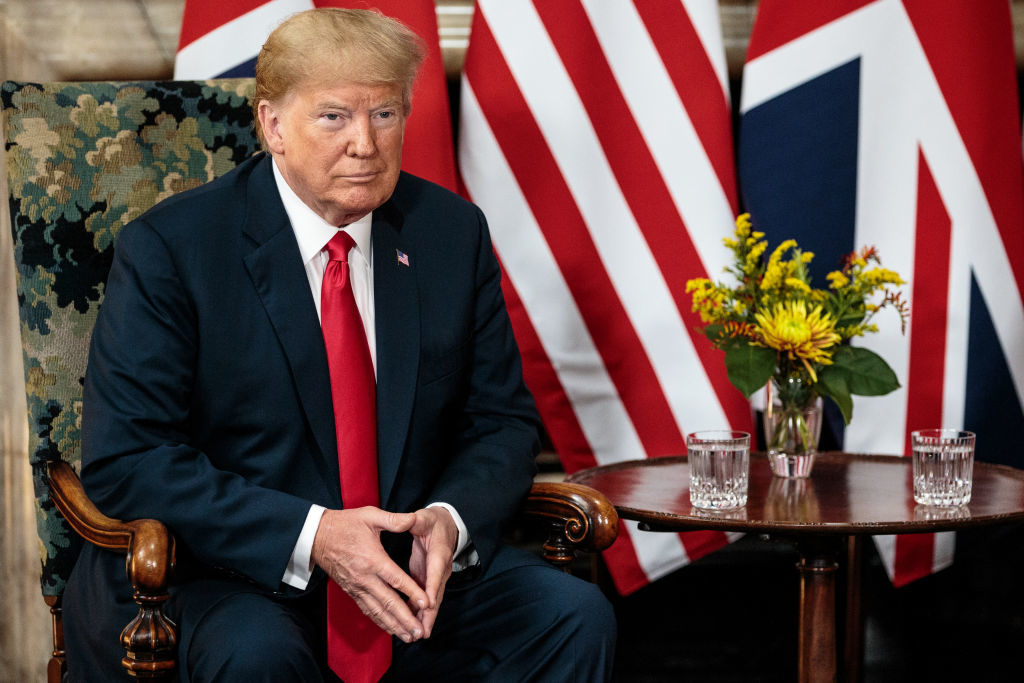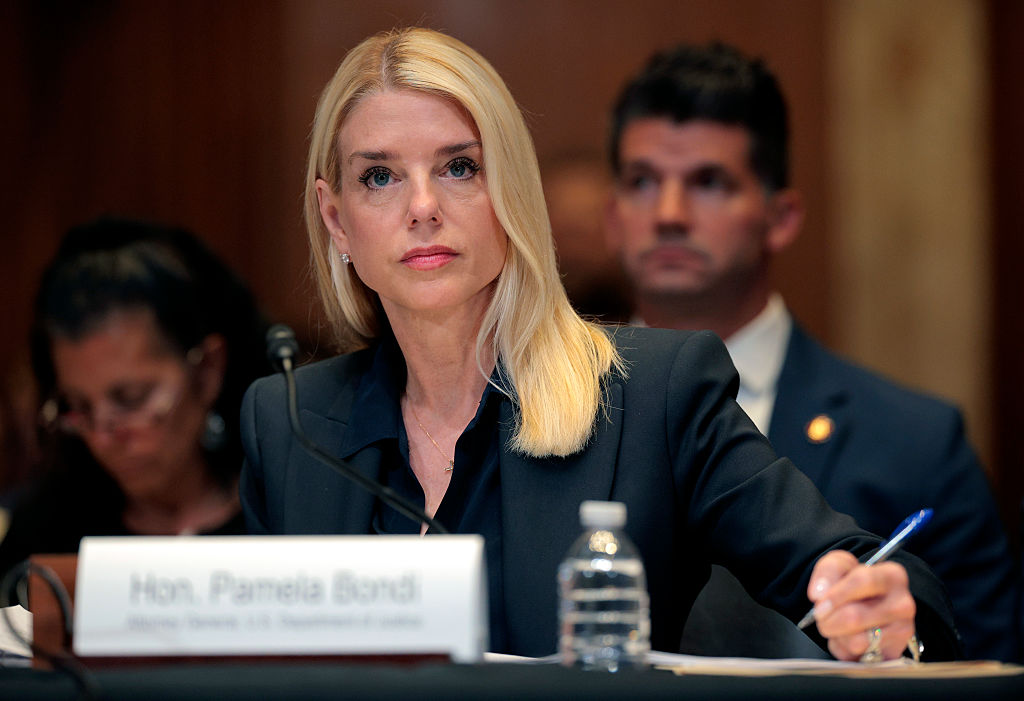As a giant balloon caricature of the President of the United States as a baby swaddled in a nappy takes flight in London, protesters took to the streets to denounce the President’s “insulting,” “rude,” “humiliating,” “repulsive” behavior. “Trump is a racist and disrespects our nation. Why does he get to meet our Queen?” tweeted the MP for Redcar. Argh!!
The baby blimp, the protests, and the hysterical rhetoric were already in play when the President’s tabasco interview with The Sun appeared, just hours after he met with Prime Minister Theresa May for a swish, red-carpet affair at Blenheim Castle, birthplace of Winston Churchill. The event was an opportunity for May to make a pitch for a high-level post-Brexit trade deal with the United States.
That is exactly the sort of deal that Donald Trump is eager to make. The problem is, there is no post-Brexit under Theresa May, and the way things are going it’s not at all clear that there will be.
The focus of the President’s interview in The Sun was on what the punditocracy call the “soft Brexit” attitude adopted in fact, if not always in rhetoric, by Mrs. May’s government. According to this flaccid arrangement, Britain gets to say it has achieved Brexit. But there is no consummation.
The key issue in the battle over Brexit was sovereignty: Who governs? The British Parliament? Or unelected bureaucrats in Brussels and Strasbourg? And behind that question were two issues: the particular issue of immigration and the more general issue of who gets to make laws for the UK: laws about agriculture, for example, or customs, or status of minorities and the protection of British culture.
When Theresa May’s Foreign Minister Boris Johnson left her Cabinet earlier this week, he wrote a stinging letter of resignation. Among other things, he noted that those who voted for and won the promise of Brexit “were told that they would be able to manage their own immigration policy, repatriate the sums of UK cash currently spent by the EU, and, above all, that they would be able to pass laws independently and in the interests of the people of this country.”
Two years later, none of that has come about and indeed, the UK seems to be moving backwards towards the status of “a colony” of the European Union.
And this was the gravamen of President Trump’s complaint. “If they do a deal like that,” he told The Sun, “we would be dealing with the European Union instead of dealing with the UK, so it will probably kill the deal.”
Everyone knows that this is true. Remainers and anti-Brit transnational progressives who despise the whole idea of the nation state as an atavistic, tribal form of social-political organisation applaud the fact. Brits who celebrate their culture and history rebel against it. In the weeks leading up to President Trump’s visit, Theresa May’s own ministers made essentially the same point. Former Brexit Minister David Davis and Boris Johnson spoke with their feet and well as their pens when they left her Cabinet. Many supporters of Brexit added their voices to the polyphonic repudiation of Theresa May’s handling of the most important issue of her premiership.
The beautiful people who titter over the Baby Blimp and denounce President Trump’s policy of “America First” might take a page from Evelyn Waugh. “I believe in nationality,” he wrote in 1938, “not in terms of race or of divine commissions for world conquest, but simply this: mankind inevitably organises itself into communities according to it geographical distribution; these communities by sharing a common history common characteristics and inspire a local loyalty; the individual family develops most happily and fully when it accepts these limits. I do not think that British prosperity must necessarily be inimical to anyone else, but if, on occasions, it is, I want Britain to prosper and not her rivals.”
Ask yourself this: Is that what Sadiq Khan, the Mayor of London wants? Is it what Jermey “Mr. Socialism” Corbyn wants? Is it, at the end of the day, what most europhilic bureaucrats and ministers want?
To ask those questions is to answer them. Donald Trump has proposed cutting a trade deal with the UK. If the UK is just a front for EU, Ltd. he would be foolish to proceed.

























